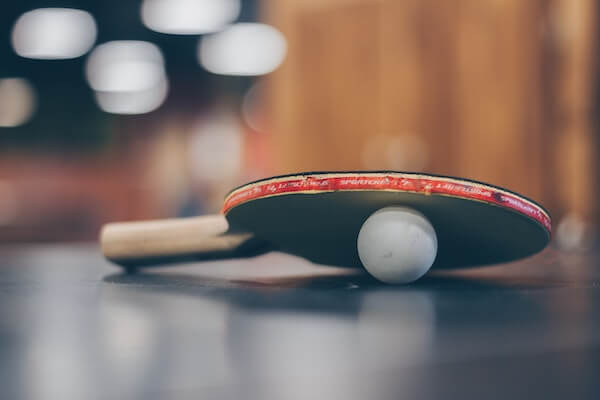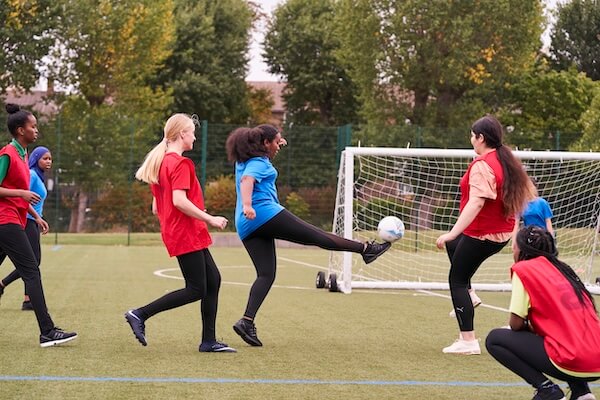
Table tennis, commonly known as ping pong, is a sport that has gained immense popularity among people of all age groups, including seniors. This fast-paced, low-impact game offers seniors numerous physical and mental benefits, making it an ideal activity for maintaining a healthy lifestyle. Beyond its fitness advantages, table tennis fosters social connections and creates a sense of community among seniors. This article will explore how table tennis can help seniors build fitness, establish social relationships, and cultivate a vibrant community.
Building Fitness
Table tennis provides an excellent platform for seniors to improve their fitness levels. The game requires constant movement, agility, and coordination, contributing to cardiovascular endurance and overall physical well-being. The fast-paced nature of table tennis encourages seniors to engage in quick reflexes, enhancing their hand-eye coordination and sharpening their motor skills. Regular play can also improve balance and flexibility, reducing the risk of falls and injuries.
Moreover, table tennis is a low-impact sport that puts minimal strain on joints, making it suitable for seniors with arthritis or other joint-related issues. The controlled movements and repetitive strokes in table tennis can improve muscle strength and tone, particularly in the legs, arms, and core. It is an excellent way for seniors to exercise aerobic without putting excessive stress on their bodies.
Social Connections
Table tennis provides physical benefits and serves as a means for
seniors to build social connections. Participating in table tennis
clubs or community centres allows seniors to meet like-minded
individuals with a passion for the sport. Table tennis's friendly
and inclusive nature creates an environment where seniors can
socialize, bond, and develop meaningful relationships.
Playing table tennis in pairs or small groups promotes social interaction and stimulates mental engagement. It offers opportunities for friendly competition, strategic thinking, and problem-solving. Seniors can exchange tips, techniques, and tactics, fostering a sense of camaraderie and shared learning experiences. The supportive atmosphere in table tennis clubs encourages seniors to challenge themselves, build confidence, and celebrate each other's achievements.
Community Building
Table tennis serves as a catalyst for community building among seniors. Local table tennis clubs or community centres organize regular sessions, tournaments, and social events that bring seniors together. These gatherings provide a sense of belonging, purpose, and inclusion within a supportive community. Seniors can share their experiences, stories, and wisdom, creating an environment that values and respects their contributions.
Table tennis events and competitions for seniors promote physical fitness and offer opportunities for seniors to showcase their skills and talents. These events often attract diverse participants, fostering intergenerational connections and breaking down barriers between different age groups. Seniors can serve as mentors and role models, inspiring younger players and fostering a sense of mutual respect and admiration.
Furthermore, table tennis clubs and communities often organize charity events and outreach programs, allowing seniors to make a positive impact beyond the sport itself. Seniors can contribute to local causes, volunteer their time, and create positive change within their community. Such activities nurture a sense of purpose and fulfilment, enhancing overall well-being and life satisfaction.
Conclusion
Table tennis offers seniors a unique avenue to build fitness,
establish social connections, and cultivate a vibrant community.
By engaging in this enjoyable and challenging sport, seniors can
improve their physical health, enhance mental acuity, and boost
overall well-being. Table tennis clubs and community centres
provide an inclusive and supportive environment for seniors to
socialize, learn, and grow together. The game's benefits extend
beyond the table, promoting intergenerational connections and
empowering seniors to make a meaningful impact within their
community. So, grab a paddle, step onto the table, and embark on a
journey of fitness, friendship, and community through the exciting
world of table tennis.






